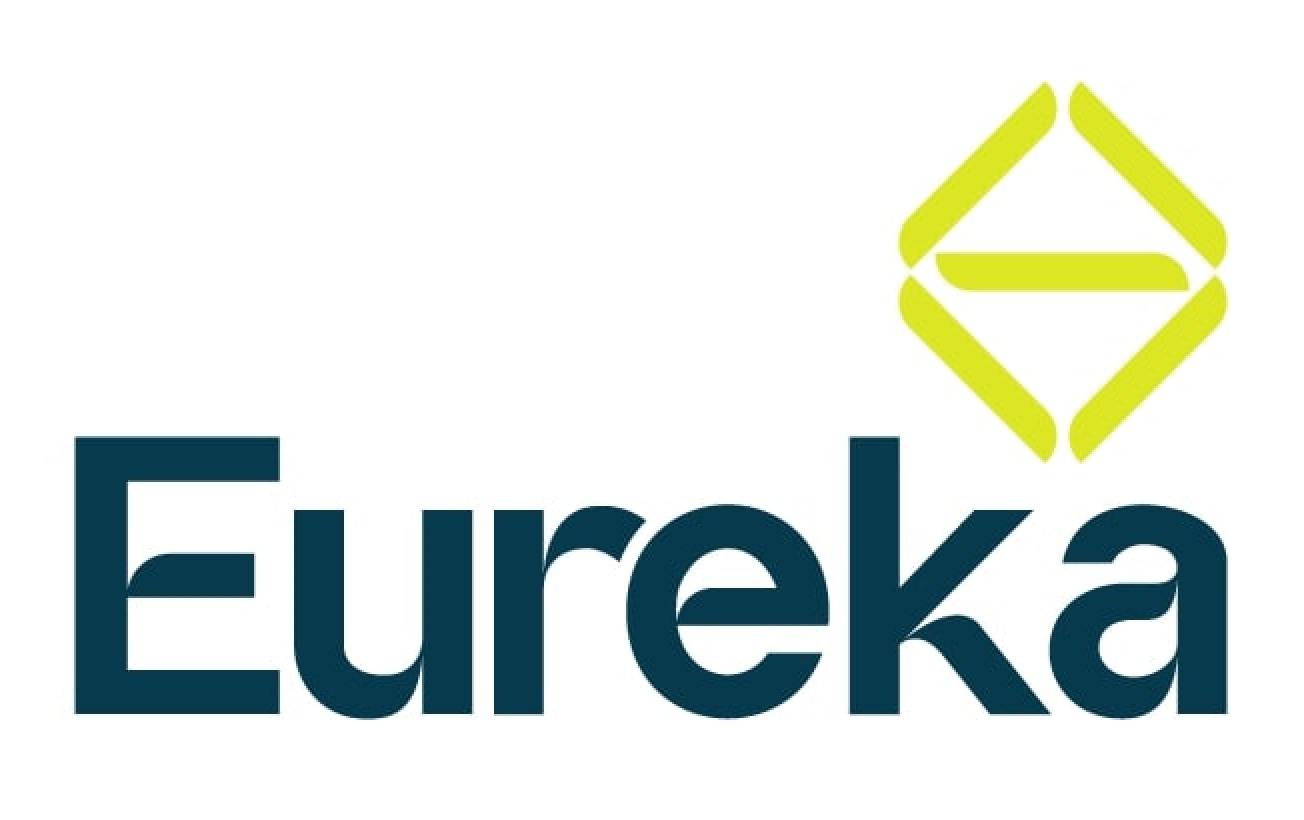Everything you need to know before you go for a psychometric test
If you are considering a job change, it is highly likely that you will have to undergo a psychometric test. Psychometric tests are an increasingly common tool used by companies to assess a candidate’s skills, abilities, and personality traits. The purpose of this test is to measure your suitability for the role you are applying for. In this blog post, we will guide you through everything you need to know before you go for a psychometric test. From understanding what it is and why the company wants you to do it, to helping you prepare, we’ve got you covered.
What is a psychometric test?
A psychometric test is a standardised test used to measure an individual’s cognitive abilities, personality traits, and interpersonal skills. These tests can take a variety of forms, but typically consist of a series of multiple-choice questions that assess your aptitude, reasoning and problem solving skills. They are often timed and require you to work under pressure. Some tests may also include a behavioural component, where you will be given a scenario and asked to react to it.
Why do companies ask for a psychometric test?
More and more companies are using psychometric tests as part of their recruitment process for a number of reasons. Firstly, it helps to provide a more objective measure of a candidate’s ability compared to a traditional interview. Secondly, it helps to ensure that a candidate’s personality traits and working style are a good fit for the company culture. Finally, it provides a standardised way of assessing all candidates, which is beneficial for companies recruiting at scale.
How to prepare for a psychometric test?
Preparation is key when it comes to psychometric tests. Firstly, make sure you know the type of test you will be taking. There are a variety of different tests available, each with its own unique format and focus. Researching the company and the role you are applying for can also be helpful, as it will give you an idea of what skills and attributes are required. Practice tests are also a great way to prepare and will help you get comfortable with the format and time constraints of the test. Finally, make sure you get a good night’s sleep, eat a healthy meal and arrive at the test centre with plenty of time to spare.
What to do during the psychometric test?
During the test, it is important to stay calm and focused. Read each question carefully and pay attention to the time allocated to each section of the test. Work steadily through the test, making sure to answer as many questions as possible, even if you are unsure of the answer. If you get stuck on a question, move on and come back to it later. Finally, make sure you follow the instructions and guidelines provided by the test administrator.
Psychometric tests can be a daunting prospect, but with the right preparation, you can approach them with confidence. Understanding what the test involves, why companies use them and how to prepare for them are all important steps to help you succeed. Remember to stay calm and focused during the test and always follow the guidelines provided. Good luck!
Share our insights
Recent insights




